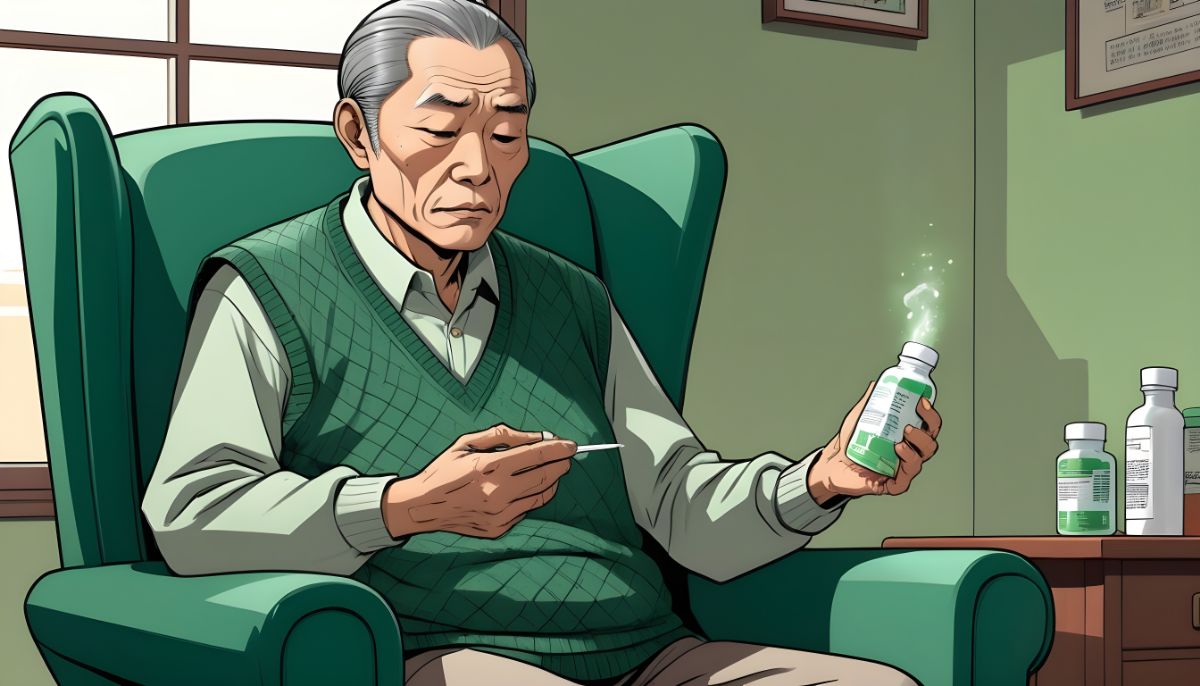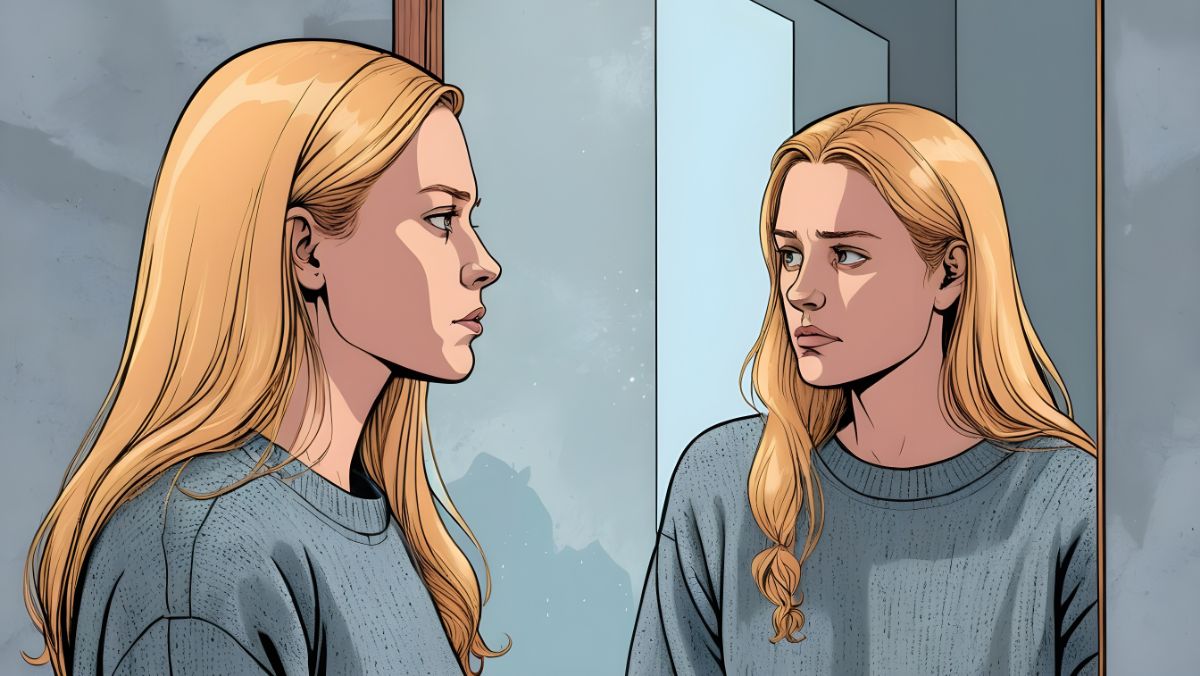
Everyone deals with stress in different ways. Some people get angry, some people feel reserved and quiet, others resort to physical actions like pulling their hair or grinding their teeth. The problem is, these physical actions can lead to further distress if you damage your teeth or pull too much hair out.
There is no shame in feeling stressed or upset and there is no reason to hide away from these sorts of issues. Failing to seek help or cure your habits can lead to further stress, compounding the issue and making you feel worse. If you’re stuck with the habit of hair-pulling when stressed, read on to find four expert tips on how to stop pulling your hair when you’re stressed out.
What Is Trichotillomania
Trichotillomania is defined as a mental health disorder that creates regular, irresistible urges to pull one’s hair out. You can find out more at www.nomorehairpulling.com about this condition and how it affects the mind and the body. Experts recommend many different tactics to try and cure this condition, though there is no quick fix. Some of the tips below can be used to help alleviate the condition and, over time, you can hope to remove the urges completely.
The Source of the Issue
One of the key things to consider with a disorder like trichotillomania is the root cause of your stress. If you can figure out what the source of your stress, worries, or anxieties is, you may be able to reduce your stress symptoms in the first place, leading to fewer issues with your physical health. To do this, you could reach out to a clinic or counselor, who will be able to give therapy or other sessions to help you dig deep into your issues.
Some people view attending therapy as a weakness, but there is nothing to be ashamed of. If you are struggling with any kind of mental health affliction, reach out to the appropriate medical services in your area. There is no need to suffer in silence.
1.Try Fidgeting With Something Else
This may seem simple – and in a way it is – but there’s possibly nothing better for fidgety fingers than to distract them with something else. Instead of playing with or pulling your hair, get something else to play with to distract yourself. Things like fidget spinners, stress balls, or even Rubik’s Cubes can be a great way of using some of that energy and preventing hair pulling. Even distracting your hands by playing a video game could help. These things may help you prevent pulling your hair and even provide you with entertainment that can alleviate your stresses in the first place.
2.Habit Reversal Training
If you do attend a clinic, you may be given other methods of behavioral therapy. These cognitive-behavioral specialists use many different tactics to help people quit bad habits or stop doing physical things – like hair-pulling. With a mixture of therapy, distraction tactics, reward-based treatments, and more, they will be best placed to help you kick the trichotillomania and cure your stress symptoms, all under one roof.
3.Wearing a Hat
If finding a fidget spinner was easy, finding a hat to wear is even easier! It may seem silly but wearing a tight-fitted hat like a beanie or a bandana can prevent you from touching, playing with, or pulling your hair. Unfortunately, this wouldn’t stop you from pulling hair elsewhere on your body, but if your symptoms mainly revolve around the hair on your head, why not give it a try.
4.Exercise
Finally, exercise is great for so many reasons. Your body needs exercise to be healthy and strong, while it’s also shown to have amazing effects on your mental health. Not only will you be giving yourself something much more demanding to think about and therefore distracting yourself from pulling hair, but you might also be able to beat some of your stress by working out. Try running, if your knees and ankles are healthy, as cardio works wonders for the body. Or, if you feel like really taking your stress out on something, hit a weightlifting or boxing gym. You will soon find that you’re less stressed and definitely not pulling hairs!
The most important issue is to address your mental health properly, making sure you get the treatment you need. After this, you can tackle the side effects, such as trichotillomania. Remember, there’s no need to be ashamed about these kinds of issues. Opening up to a medical professional or family member could change your life for the better.




